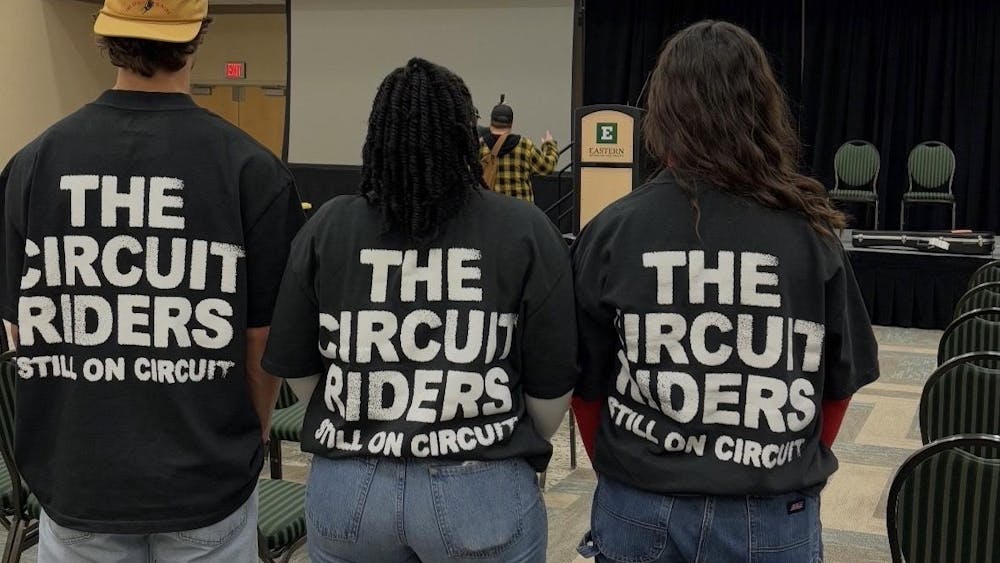During my college career, I would have to say the biggest complaint I’ve heard voiced among students is that we all want nap time.
We bemoan our lack of sleep and our high-stress levels during the school year. Even during the summer, we hold down jobs, internships, research and of course, classes. It’s as though we never have time to stop and reset. We are expected, not just by graduate schools and future bosses, but also by our American culture, to keep busy and work all the time.
I admire the American spirit. I admire our determination to learn, our drive to achieve and our passion to excel. But we aren’t Energizer bunnies. For our own sake — socially, psychologically and physiologically — we should take a note from other cultures around the world and embrace the idea of a siesta: We need to take a break during the day and recharge.
Many studies have examined the effect of napping and health and a correlation has been found between the two. The Spanish Society of Primary Care Physicians published a report, which found that napping after lunch could reduce stress, improve memory and alertness and even help cardiovascular functions.
Various cultures around the world have a siesta, or a short afternoon nap, usually after the midday meal. The New York Times reported on Feb. 13, 2007 on a study by the Harvard School of Public Health and in Athens, which found that individuals who regularly napped for 30 minutes were at a 37 percent lower risk of heart-related death.
To quote the New York Times article, “sleep … acts like a valve to release the stress of everyday life.”
By improving memory and alertness, efficiency also increases. The Telegraph reported on Aug. 7, 2012 on a NASA study, which showed a 34 percent efficiency rate in the performance of their pilots when they were allowed to nap during their work hours.
Napping doesn’t have to be a huge cultural shift in which America, as a whole, adopts the siesta habit, as nice as that would be. All that needs to change is that we begin making time for ourselves and our health.
As Dr. Alex Chediak of the University of Miami and former president of the American Academy of Sleep Medicine said to The New York Times, “We all know that the three pillars of health are diet, exercise and sleep, and sometimes people forget about the importance of sleep.”
Make a point of setting aside a small piece of your day and listen to your body. Instead of chugging down that 14th cup of coffee, put your head down and rest. You’re actually doing yourself a favor by taking it easy, so enjoy it.









